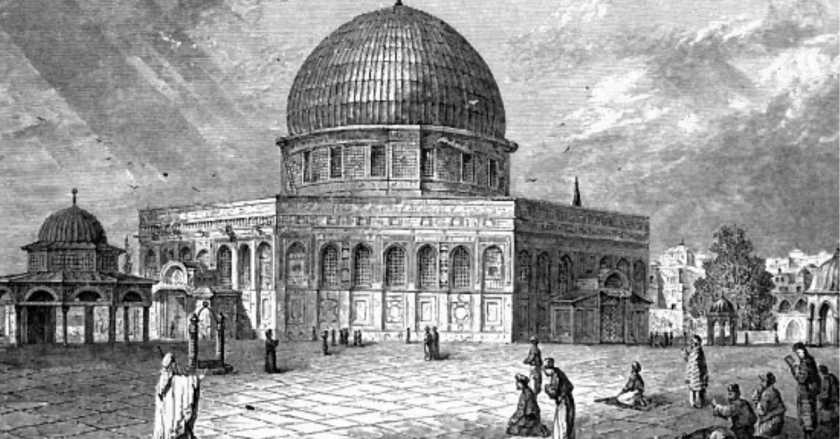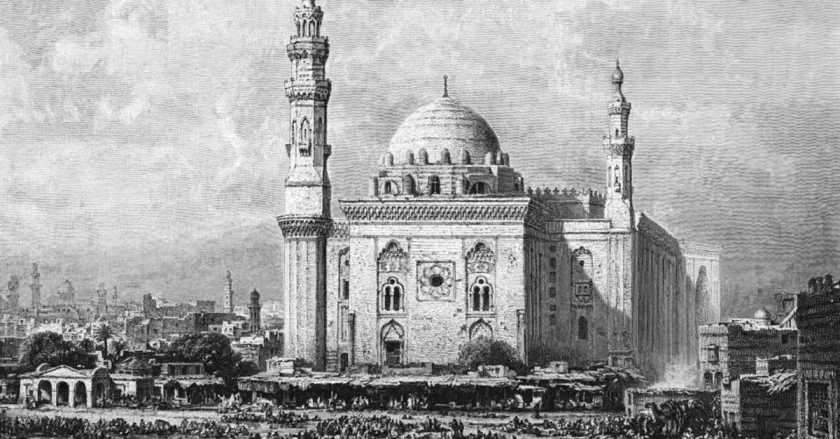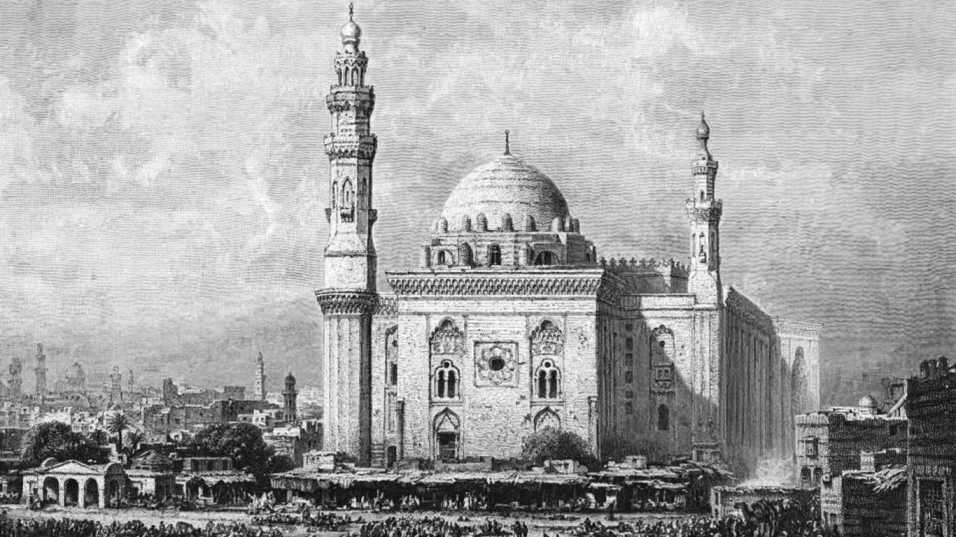The Rise of Islam: A Revolutionary Faith That Changed the World

A Turbulent Beginning: Islam’s Struggle Against Opposition
Islam emerged in the 7th century in the Arabian Peninsula, a region deeply entrenched in tribal conflicts, idol worship, and socio-economic inequality. The Prophet Muhammad (peace be upon him) received his first revelation in the Cave of Hira, marking the beginning of a movement that would transform the world. However, the path was not easy—he faced fierce opposition from the Quraysh, persecution, and even threats to his life. Despite the challenges, the rise of Islam carried a message of monotheism, social justice, and equality, which spread rapidly.
Divine Revelation: A Message That Shattered the Status Quo
The cornerstone of the rise of Islam is the belief in the One and Only God—Allah. The revelations, compiled into the Holy Quran, provided not just spiritual guidance but also legal, social, and ethical directives. These teachings challenged the prevailing injustices of the time, including corruption, exploitation of the poor, and gender inequality. The Quran’s powerful verses inspired a shift in consciousness, urging humanity toward righteousness and justice.
The Hijra: A Bold Escape That Strengthened the Faith
As persecution in Mecca intensified, Prophet Muhammad (peace be upon him) and his followers made the strategic migration (Hijra) to Medina in 622 CE. This event marked the beginning of the Islamic calendar and set the stage for Islam’s expansion. In Medina, the Muslim community flourished, creating a model society based on brotherhood, justice, and faith. This newfound strength led to pivotal moments, including significant battles and peace treaties that solidified the rise of Islam’s presence.
Triumphant Return: When Faith Overcame Hatred
After years of struggle, Prophet Muhammad (peace be upon him) and his followers returned to Mecca in 630 CE, not with vengeance, but with mercy and forgiveness. The city, once hostile to Islam, embraced the faith as the Prophet cleansed the Kaaba of idols, reinstating the worship of the One True God. This victory was not just military but moral—demonstrating Islam’s essence of compassion, resilience, and justice.
The Golden Age: A Civilization That Redefined the World
Following the Prophet’s passing in 632 CE, the rise of Islam continued under the leadership of the Caliphs. The Islamic civilization flourished, ushering in a golden age of knowledge, science, medicine, mathematics, and arts. Cities like Baghdad, Cordoba, and Cairo became intellectual hubs, attracting scholars from across the world. Islamic teachings encouraged the pursuit of knowledge, leading to groundbreaking discoveries that shaped modern civilization.
Challenges and Controversies: The Trials That Tested the Muslim World
Despite its achievements, the rise of Islam faced internal divisions and external conflicts. The split between Sunni and Shia sects, political struggles, and foreign invasions tested the unity of the Muslim world. Additionally, misconceptions and misrepresentations of Islam have led to global challenges, sometimes overshadowing its true essence of peace, spirituality, and progress.
The Unstoppable Influence: Islam’s Legacy in Today’s World

Today, the rise of Islam remains the fastest-growing religion, with over 1.9 billion followers worldwide. Its impact on culture, law, architecture, and ethics remains profound. The teachings of the Quran and the legacy of Prophet Muhammad (peace be upon him) continue to inspire millions, promoting faith, justice, and perseverance in the face of adversity.
Conclusion: The Everlasting Impact of Islam
The rise of Islam’s journey from a small community in Mecca to a global faith is a testament to its resilience and truth. Despite hardships and misconceptions, its message of unity, peace, and devotion to God remains unwavering. As we reflect on its origins, we recognize that Islam is more than a religion—it is a way of life that has shaped history and continues to inspire generations.
More similar blogs Unlocking the Power of Ramadan: Quran & Hadith Insights- 2025

